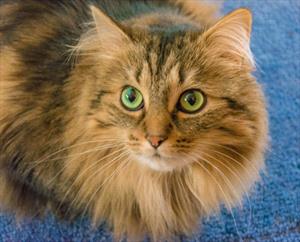gi lymphoma in cats vin
When the mediastinal lymph nodes become infiltrated with lymphoma a mass is apparent in the mediastinum and a cancerous fluid fills the chest restricting breathing. This is by far the most common type of lymphoma in cats accounting for 50-70 of feline lymphoma cases.

Vomiting With Bile In Cats Petmd
This particular type of cancer is known for more frequently affecting cats with the feline infectious virus FeLV because the immune system is already compromised.
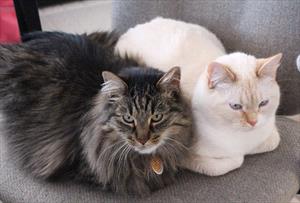
. The disease is most often found in the intestines as vaccination against the feline leukemia virus FeLV and testing for the feline leukemia virus FeLV and feline immunodeficiency virus FIV have reduced lymphomas in the chest spleen bone marrow. Lymphoma or lymphosarcoma LSA is a cancer of the cells of the immune system called lymphocytes. Aggressive chemotherapy survival is 3 months if cat has FeLV 9-12 months if no FeLV.
Lauren Mingus June 30 2021. Low-grade gastrointestinal lymphoma may be more common than previously thought and these cats respond better to chemotherapy agents than cats with. 80 respond well survival up to 2 years.
In cats both gastrointestinal gi lymphoma and inflammatory bowel disease ibd present with chronic diarrhea and vomiting. Cats that achieve a complete remission live longer than those achieving a partial remission and a small percentage can live more than 2 years. Unfortunately says Margaret McEntee DVM professor of oncology at Cornell Universitys College of Veterinary Medicine it is the most frequently.
It can also be found in the kidneys eyes central nervous system nose and skin. It is most common in senior cats with the average age at diagnosis ranging from 9-13 years old. Were approaching our 100 th study entrant which.
Two years after their program began Dr. Lymphocytes are present throughout the body so cats can develop lymphoma in multiple organs. Lymphoma is the most common feline neoplasm and the most common gastrointestinal neoplasm.
Lymphoma in Cats Treatment. Older studies suggested that the gastrointestinal location was less common than other anatomical locations however more recent studies suggest that a gastrointestinal location is the most common site. Voss Veterinary Teaching Hospital and the team from the Feline Cancer Core are excited about their growing understanding of gastrointestinal GI lymphoma in cats.
Gastrointestinal lymphoma is a common cause of anorexia and weight loss in older cats with or without vomiting or diarrhea. Lymphoma in Cats Prevention. Chemotherapy or radiation therapy.
Feline GI lymphoma appears to occur as one of two major types with a portion of cats being affected by a more indolent small-cell lymphocytic form of lymphoma and others having a more aggressive large-cell lymphoblastic form of lymphoma. Most cats are feline leukemia virus-negative and feline immunodeficiency virus-negative. Lymphoma accounts for one third of all cancers developed by cats.
Gastrointestinal lymphoma in cats is a form of alimentary cancer which occurs in the intestinal tract of a cat. This term describes lymphoma that affects the gastrointestinal tract. Aggressive chemotherapy 50 with some remission survival 3-10 months.
Lymphoma in cats is the most common cancer in felines. Lymphoma in cats veterinary partner vin. It is perhaps one of the most common types of all cancer associated with cats.
The reported incidence of FeLV antigenaemia ranges from 0-38. Gastrointestinal tract kidney mediastinal and the size of the lymphocytes large cell versus. Between 50-75 of cats with gastrointestinal large cell lymphoma receiving CHOP chemotherapy respond to treatment and their prognosis is between 6-9 months.
Lymphoma is classified by the location of the disease eg. Craig Webb professor of Small Animal Internal Medicine at the James L. Feline lymphoma is a malignant cancer of the lymphatic system the exquisitely structured arrangement of internal organs and tissues that directly or indirectly influences virtually every aspect of a cats physical existence.
Most cats with GI LSA test negative for FeLV. Large cell GI lymphoma. 48 Treatment of large-cell feline GI lymphoma with multiagent chemotherapy protocols has led to median remission durations of.
The differences in reported incidences may also be associated with. In general cats with leukaemia or mediastinal lymphoma tend to be young and FeLV positive while cats with GI LSA tend to be older and are FeLV antigen negative. It is also the most common cause of hypercalcemia in cats a condition.

Buy Blue Buffalo True Solutions Blissful Belly Digestive Care Chicken Flavor Premium Wet Cat Food 3oz In United States Cartnear Com Sensitive Stomach Cat Food Wet Cat Food Natural Cat Food
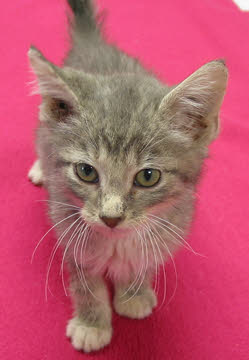
Feline Leukemia Virus Felv Veterinary Partner Vin
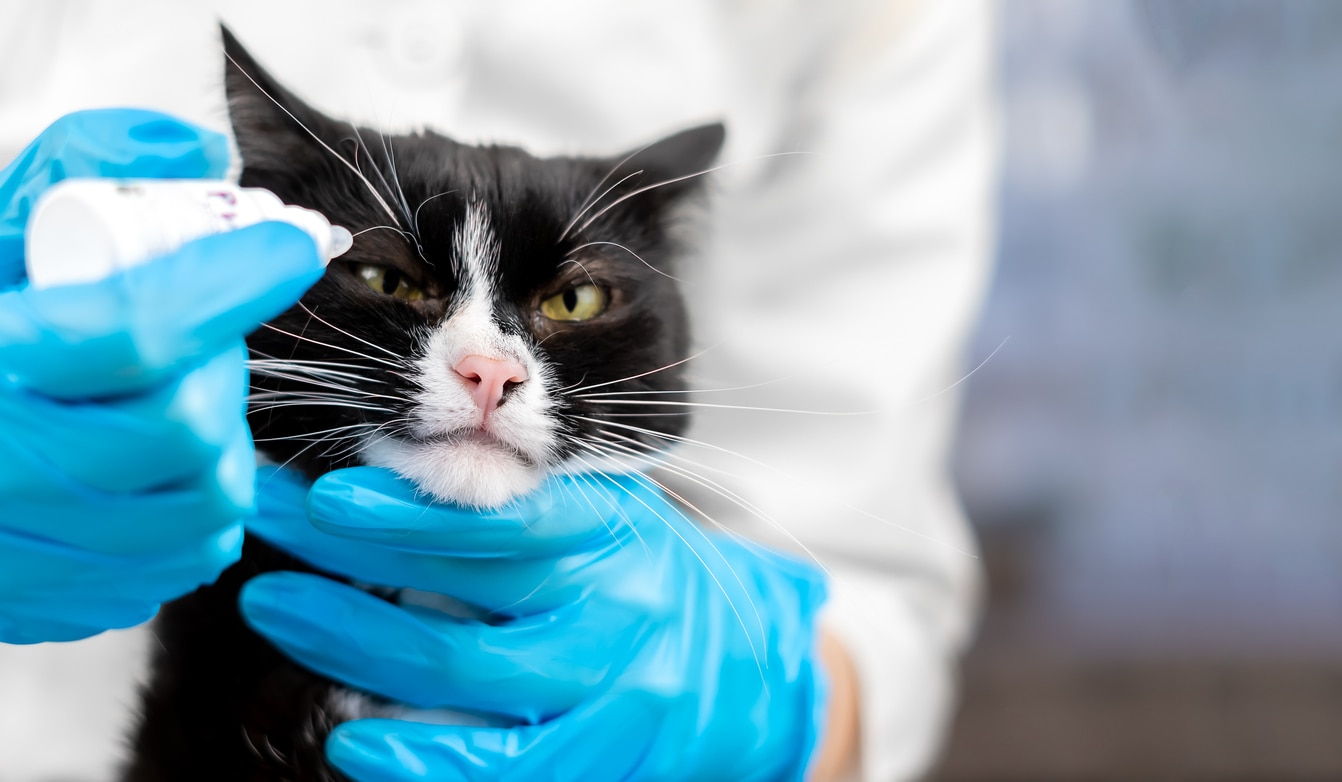
Excessive Production Of Saliva In Cats Petmd

Diseases Of The Feline Nasal Planum Vet Focus

Evaluation And Management Of The Hyperkalemic Patient Today S Veterinary Practice

Swallowing Difficulties In Cats Petmd

Protrusion Of Third Eyelid In Cats

Infiltrative Bowel Disease In Cats Veterinary Partner Vin

Lymphoma In Cats Veterinary Partner Vin
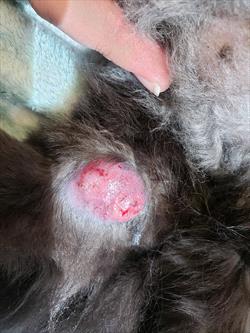
Cutaneous Lymphoma In Cats Veterinary Partner Vin

Learn About Nasal Cancer In Cats Petcure Oncology
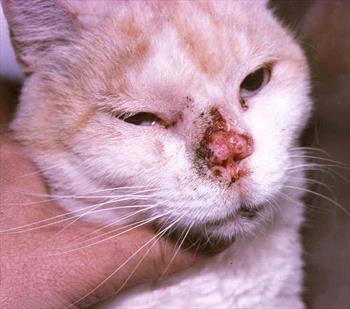
Nasal Squamous Cell Carcinoma In Cats Veterinary Partner Vin
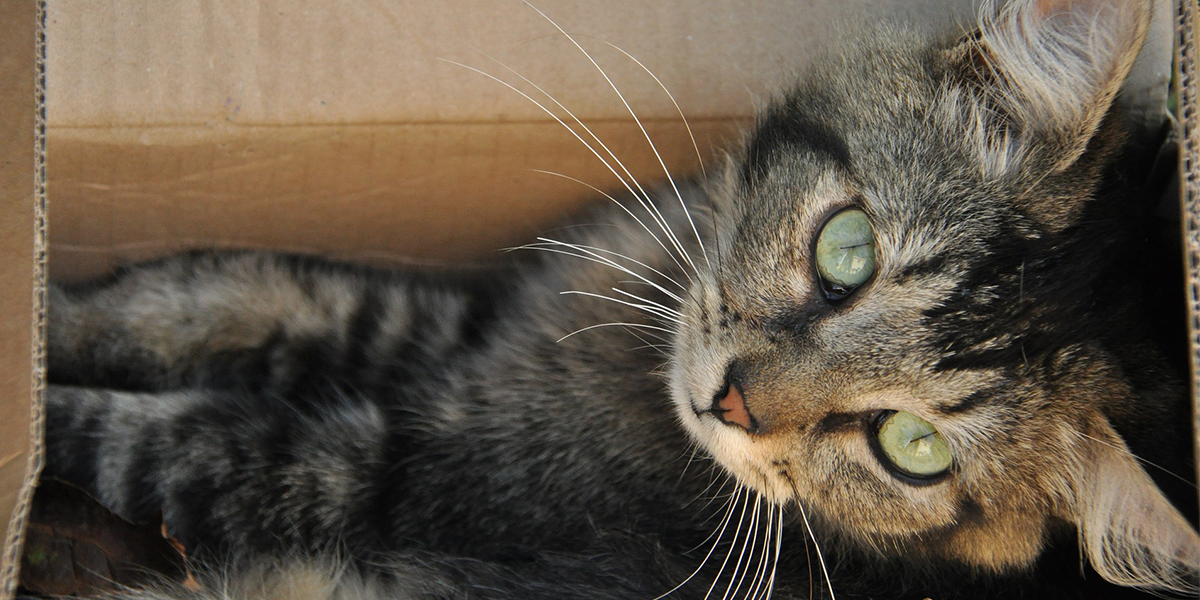
Pica In Cats International Cat Care
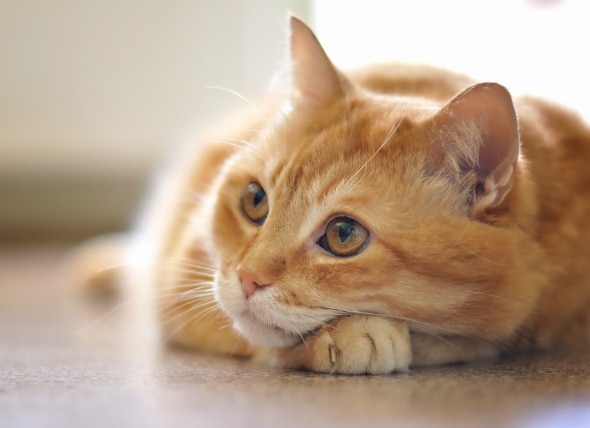
Intestinal Cancer Adenocarcinoma In Cats Petmd

Hematochezia Blood In Stool In Cats
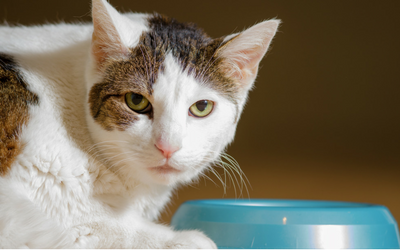
Anorexia In Cats Vca Animal Hospital
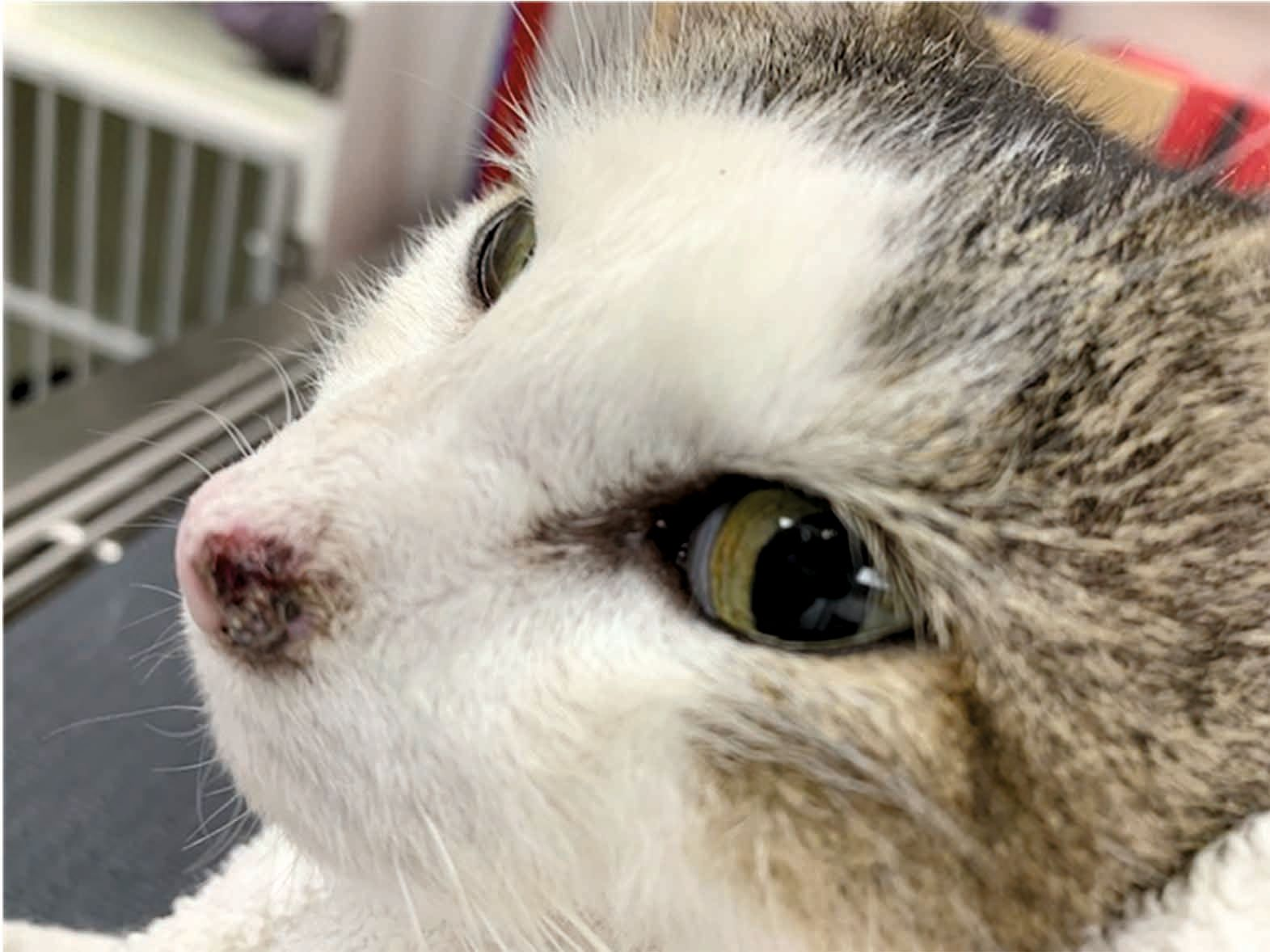
Diseases Of The Feline Nasal Planum Vet Focus
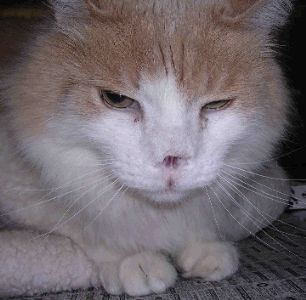
Nasal Squamous Cell Carcinoma In Cats Veterinary Partner Vin
